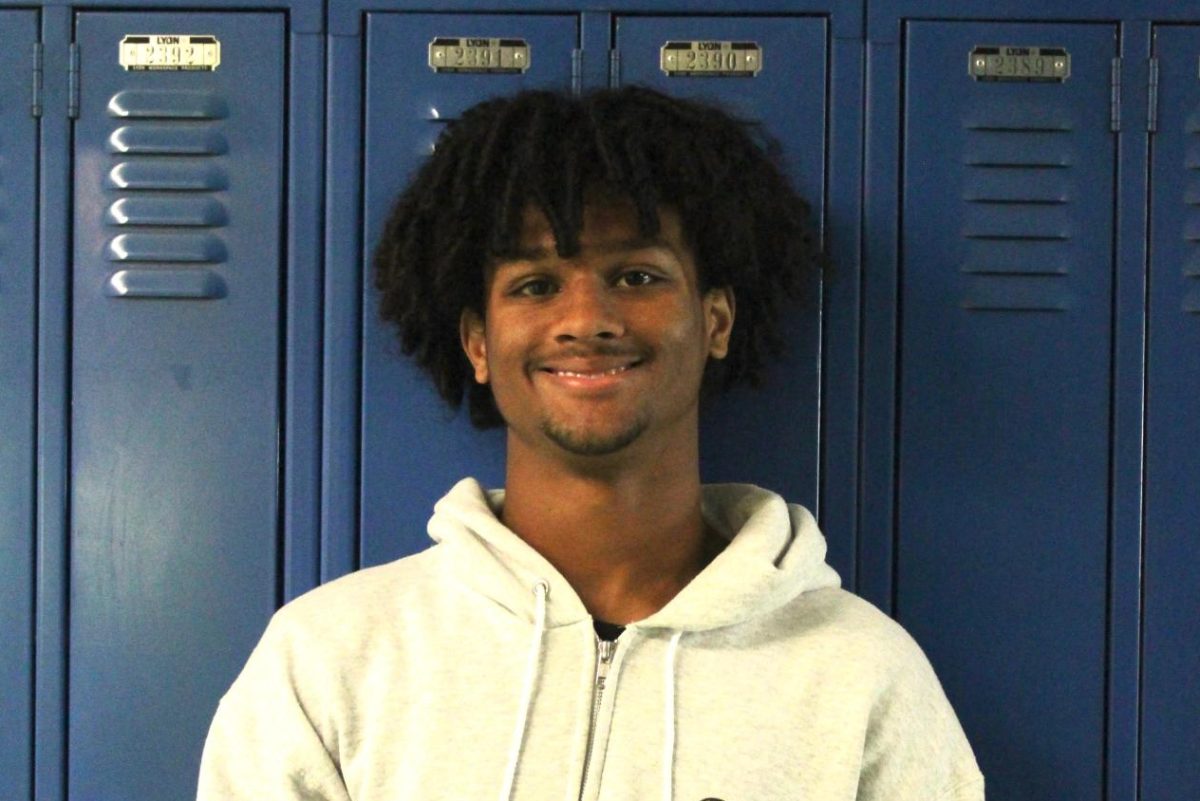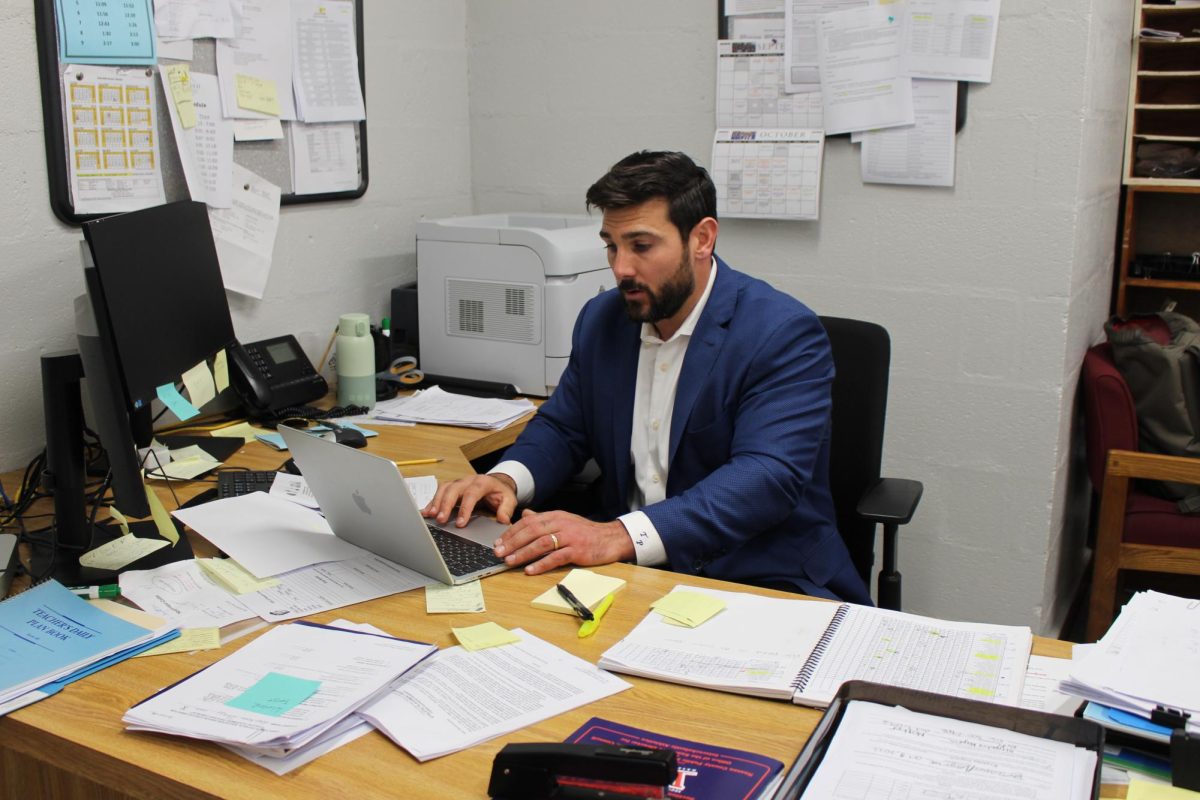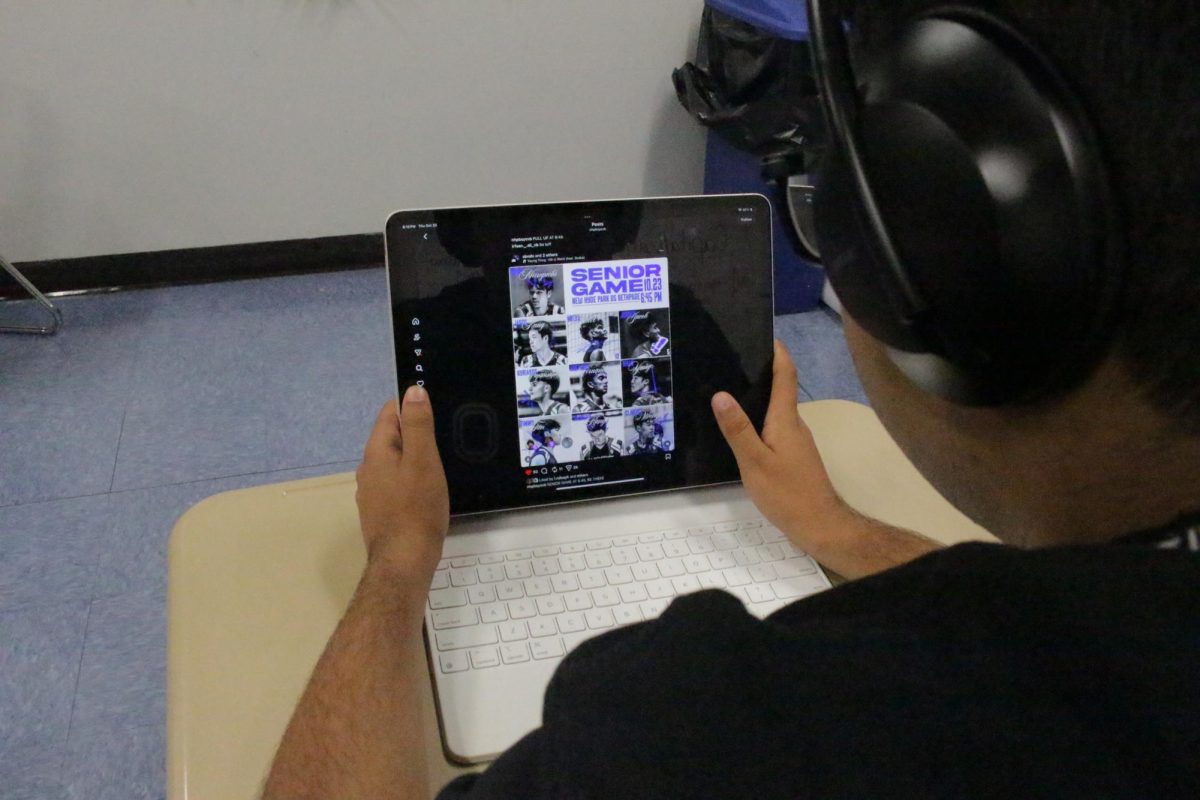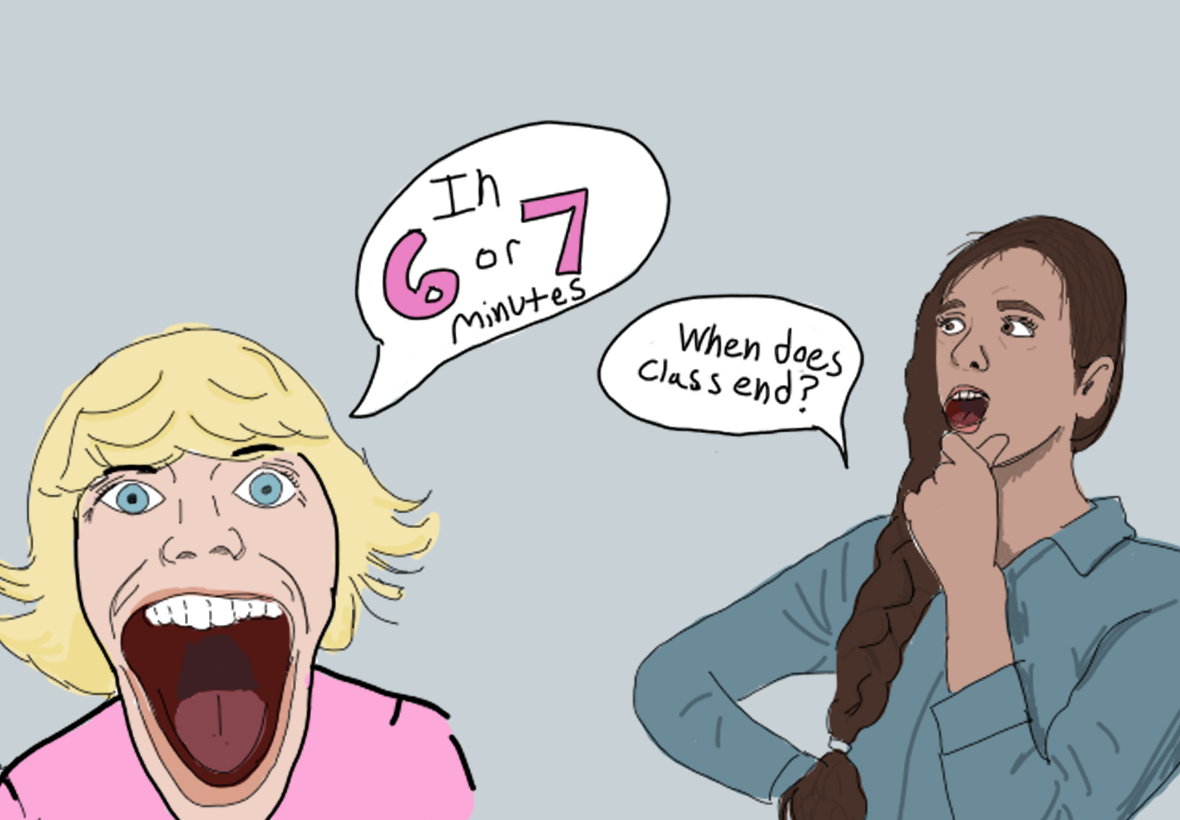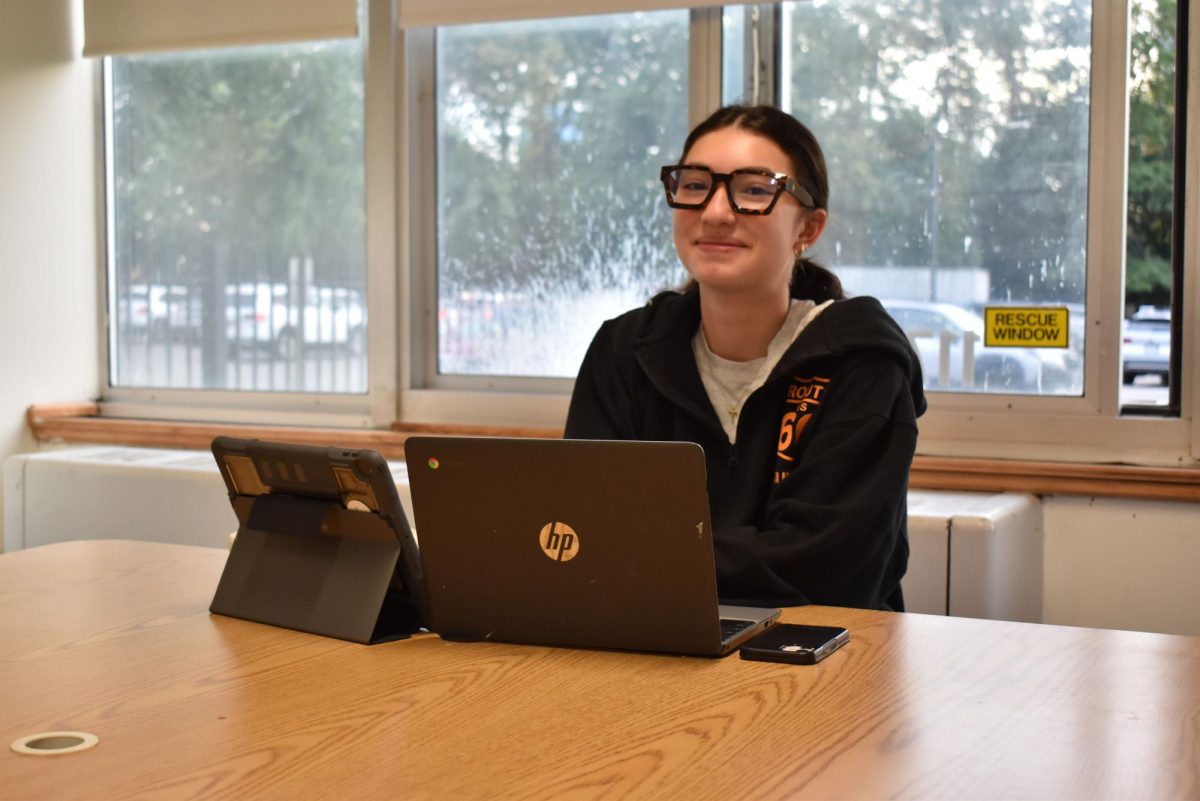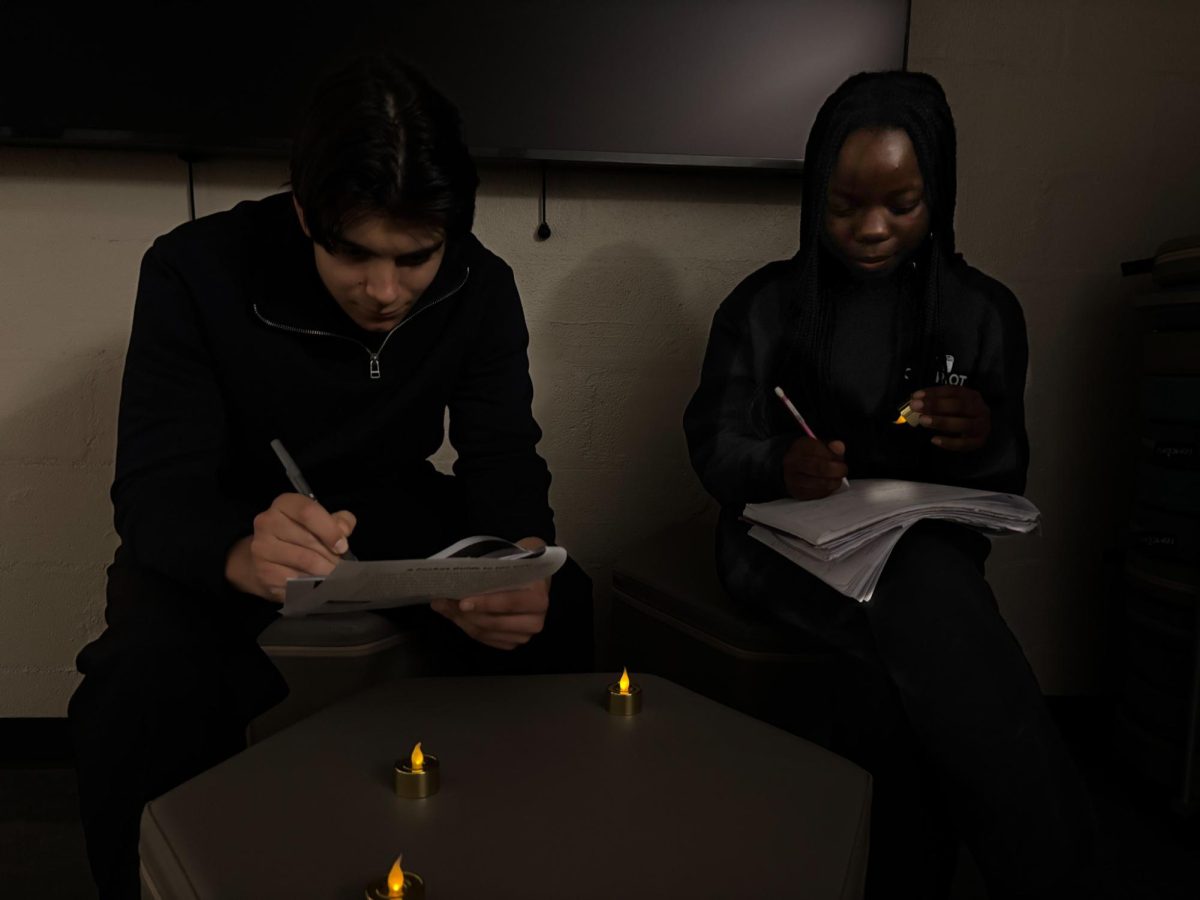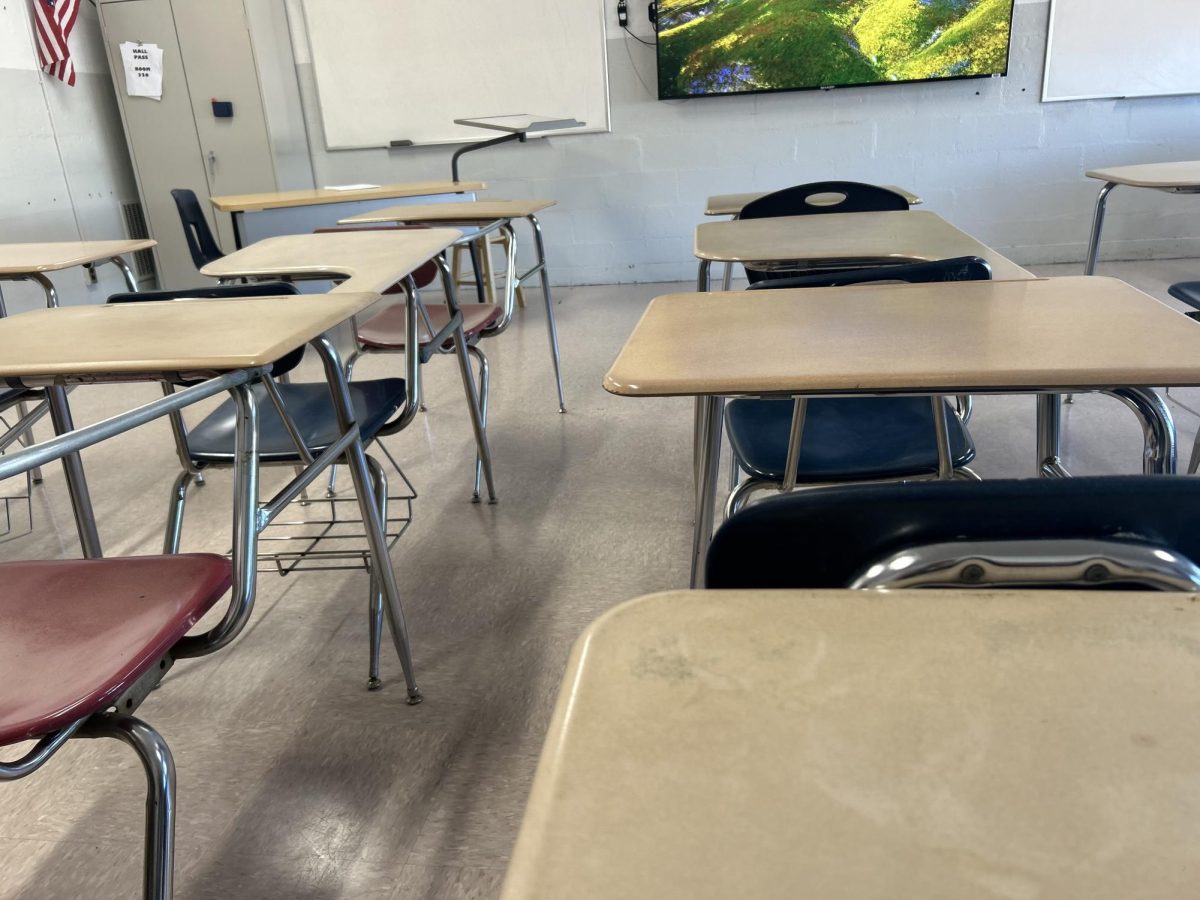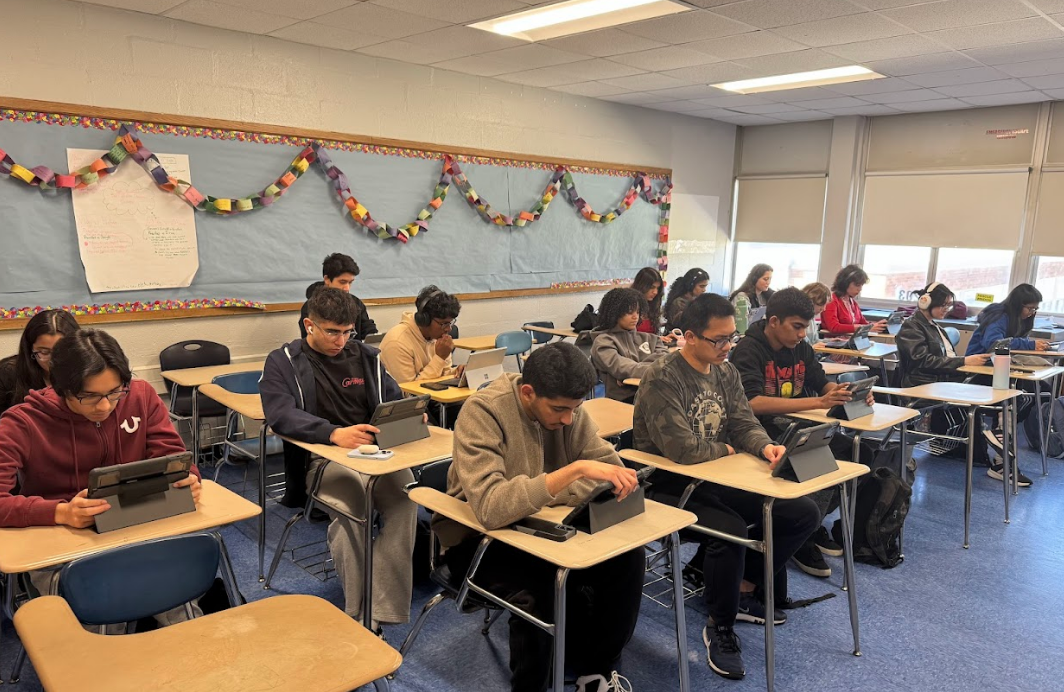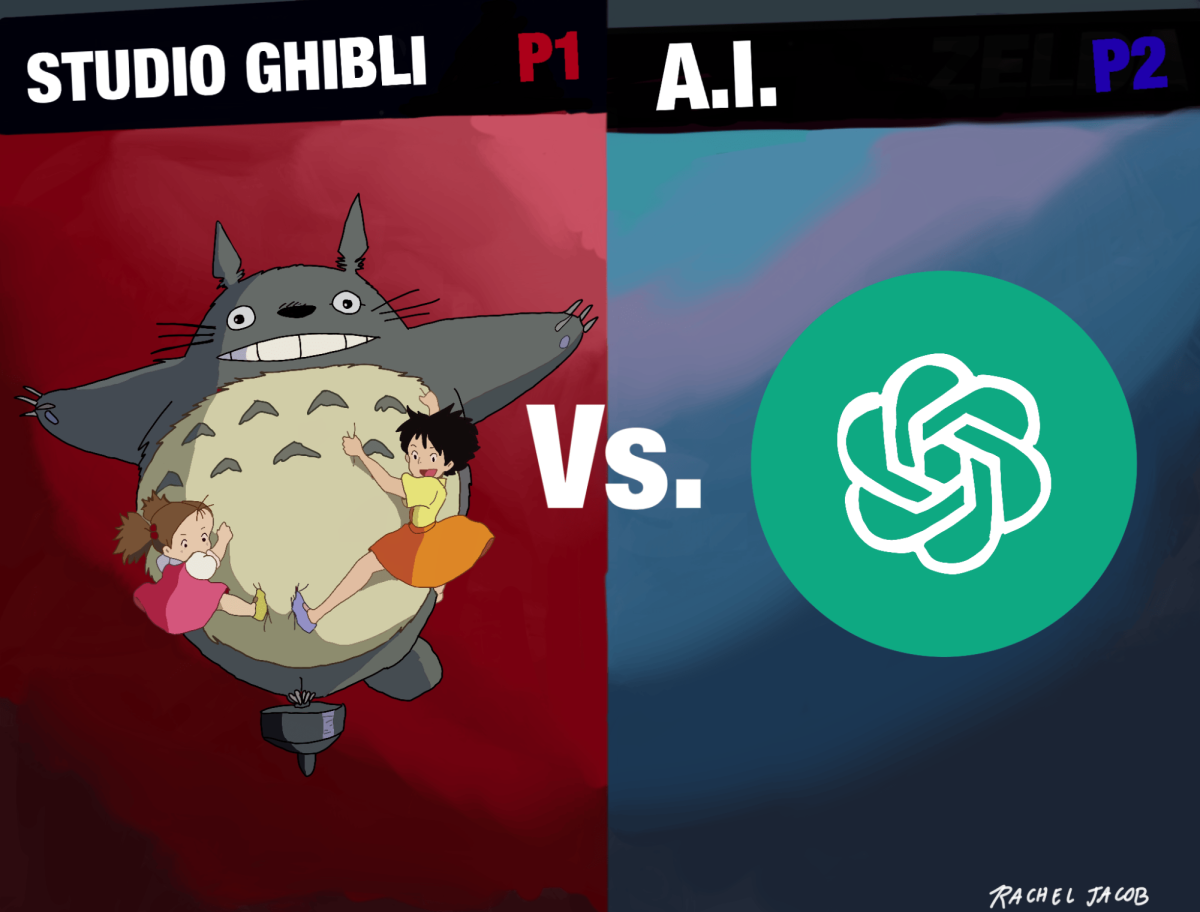In the United States, 54% of American adults read below the sixth-grade level, and nearly one out of every five adults reads below a third-grade level. According to the U.S. National Center for Education Statistics, approximately 34% of students are below basic reading level in the fourth grade.
In response, many individual states have taken steps to improve reading instruction. Although New York has made progress in combating illiteracy and improving reading proficiency in the state, it still ranks 32nd in the nation on a national assessment of students’ reading performance, with many lawmakers and legislators pushing for greater action. In fact, recent data from The National Assessment of Educational Progress indicates that the state’s losses in fourth grade reading scores were double the national average. In some of the state’s urban areas, although the overall data shows significant progress, there exists a large disparity in the scores of Black and Latino students, when compared to that of their Asian or white classmates. All of this is why, as a part of her 2024 State of the State, Gov. Hochul unveiled her ‘Back to Basics’ Plan, aimed at improving reading proficiency in public schools across the state.
The Back to Basics reading plan is legislation that is going to take statewide action to ensure that schools employ institutional practices grounded in improving reading skills. Gov. Hochul is planning to introduce legislation that will promote such practices through the State Education Department, and mandates that school districts adopt those practices. This approach will include teaching phonemic awareness, phonics, decoding, vocabulary and comprehension. According to Gov. Hochul’s press release, by September of 2025, all school districts will need to certify with SED that their curriculum, instructional strategies and teacher professional development align with all elements of the instructional materials.
In addition to the legislation, Governor Hochul also announced a state investment of $10 million for teacher training programs to make sure that teachers are able to best utilize these new practices in the classroom. This funding would support the training of 20,000 additional teachers and elementary school teaching assistants. In addition, Governor Hochul’s Back to Basics plan also will enhance and expand the current SUNY & CUNY Microcredential Program for Teachers, in order to ensure that new teachers entering the workforce have an educational skillset compliant with these new standards.
Among the students and staff here at NHP, the plan was met with optimism, with many applauding the facts-based reform to the state’s reading curriculum, and were hopeful that this would improve literacy in our schools overall, while still retaining what keeps English classes so unique.
“I think it’s about time that the state is looking at real data to see that it wasn’t working,” librarian Ms. Brusca said. “The fact that they are following the data is very important; I don’t understand why it took them so long to figure this out, that students weren’t learning how to read under this program.”
“I definitely support it, especially the expansion of micro credentialing programs for teachers going to a SUNY/CUNY; at that young of an age, having a bad teacher can set you back really far,” junior Daniel Zekthi said.
“In reviewing the briefs, I was heartened to see a focus on high-impact instructional practices—many of which are already in place in our English classrooms,” English department chairperson Dr. Otton said. “The state points to the importance of promoting collaborative projects, opportunities for writing high-interest, complex, and diverse texts and language and conventions awareness. This year, it has been a point of emphasis for the entire department to include more authentic opportunities for writing and to give students more choices in the texts that they read. In support of those goals, the state articulated several enabling structures and processes. Among them was ‘purposeful play for active engagement and consolidation.’ During the webinar, the presenter, Dr. Nonie Lesaux, gave special emphasis to this point. Reading should be joyful. Learning should be joyful. We can be serious about learning while having some fun in the classroom. That’s a strength of the humanities, so I was happy to see that presented.”
Regardless of its outcome, this initiative is, according to most of NHP, a promising first step in combating illiteracy in our schools and ensures that every child has access to a quality education.




